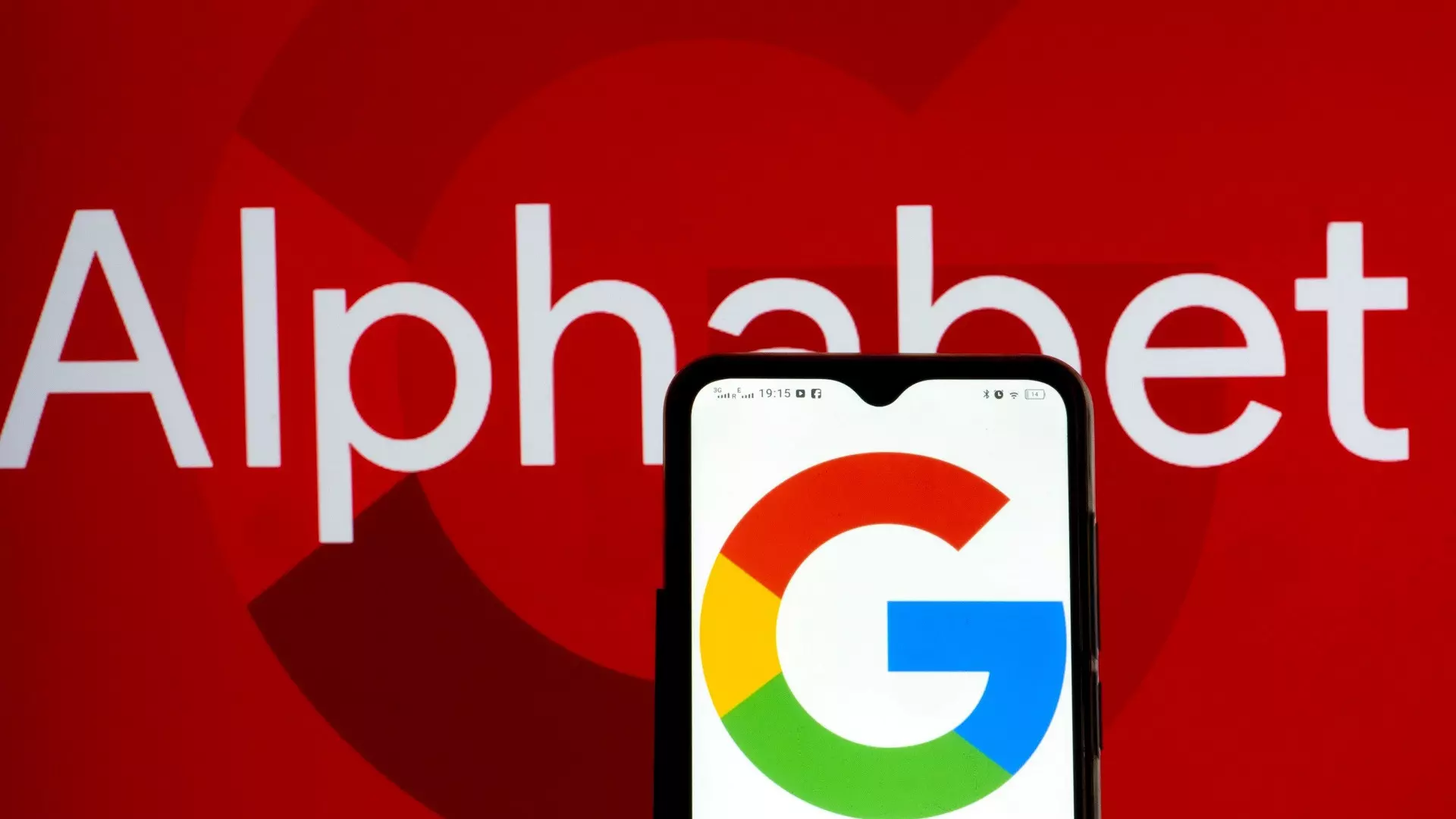Google Launches Ironwood TPU to Compete with Nvidia in AI Space
Alphabet launches Ironwood, its 7th-gen TPU, enhancing AI inference and competing with Nvidia’s chips, used in platforms like OpenAI’s ChatGPT.
image for illustrative purpose

Google parent company Alphabet has introduced its latest AI chip, Ironwood, developed to optimize the performance of inference workloads in artificial intelligence.
Ironwood, Alphabet's seventh-generation tensor processing unit (TPU), is tailored for tasks such as generating responses in tools like OpenAI's ChatGPT. Inference, a process requiring high-speed data computations to deliver chatbot replies and similar outputs, is a growing focus for cloud service providers.
Revealed during Alphabet's cloud event, the chip integrates functions previously split between different TPU lines. Ironwood supports large-scale deployment, designed to run in clusters of up to 9,216 units, according to Google Vice President Amin Vahdat.
The TPU combines cost efficiency with increased memory capacity and performance, improving its suitability for serving real-time AI tasks. Unlike some earlier TPU models, Ironwood does not split model training and inference functions but instead unifies them for broader applicability.
Internal use and access via Google's cloud platform remain the primary ways to utilize these chips. Alphabet continues deploying Ironwood chips to support its Gemini AI systems, reinforcing its position as a key player in AI infrastructure development.
Compared to last year’s Trillium processor, Ironwood delivers twice the performance per watt, reflecting advancements in energy-efficient AI computing. Alphabet did not disclose the chip fabrication partner involved in Ironwood’s production.

